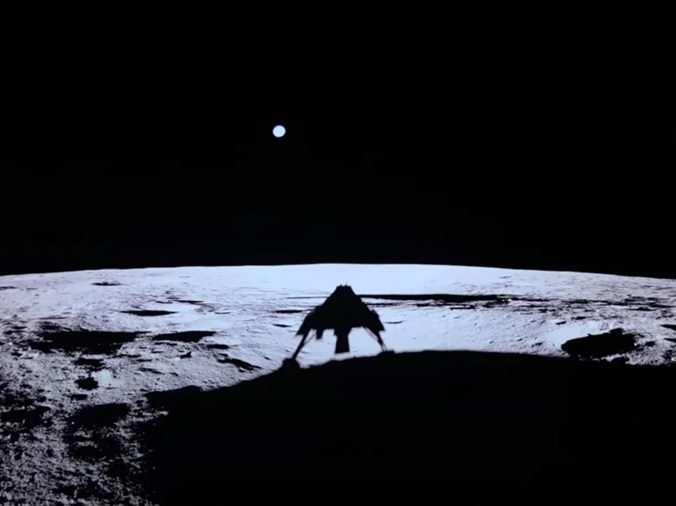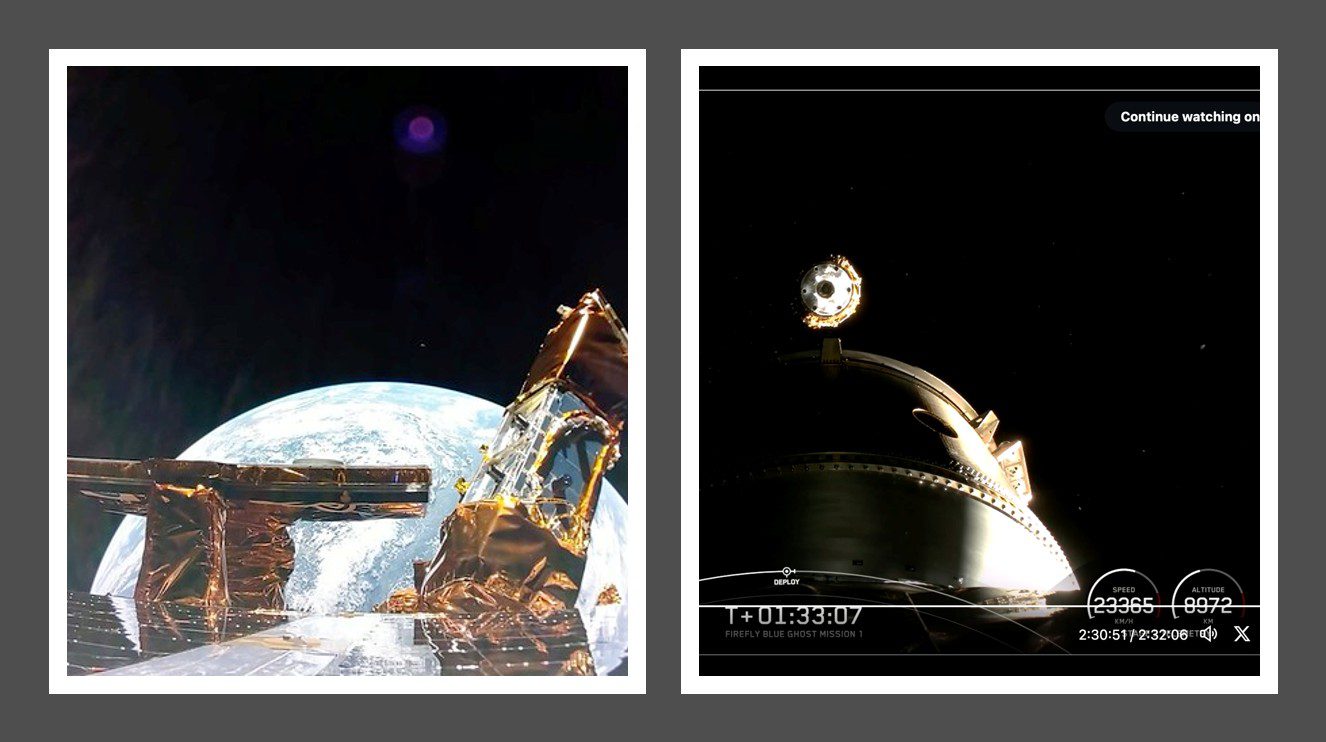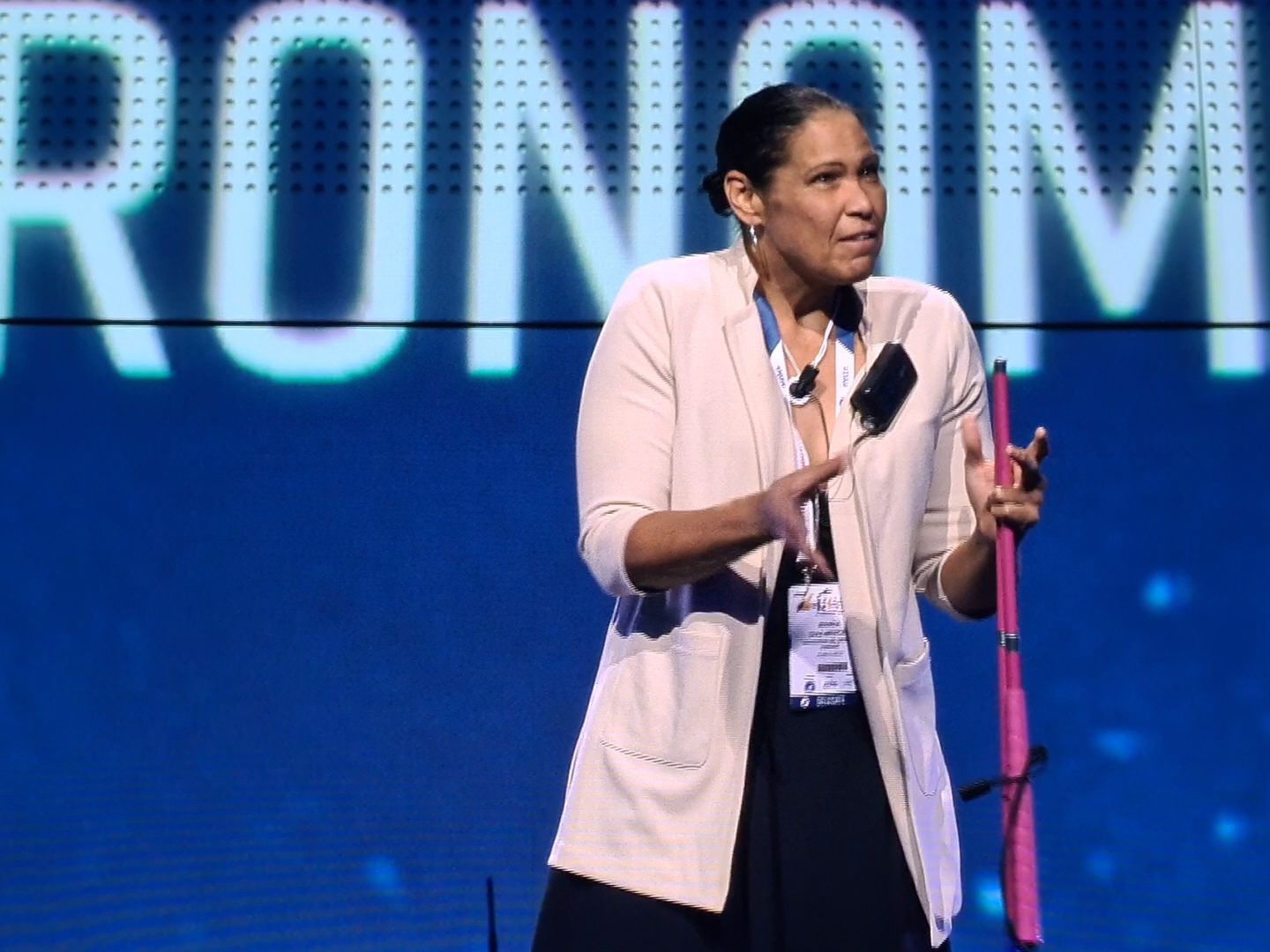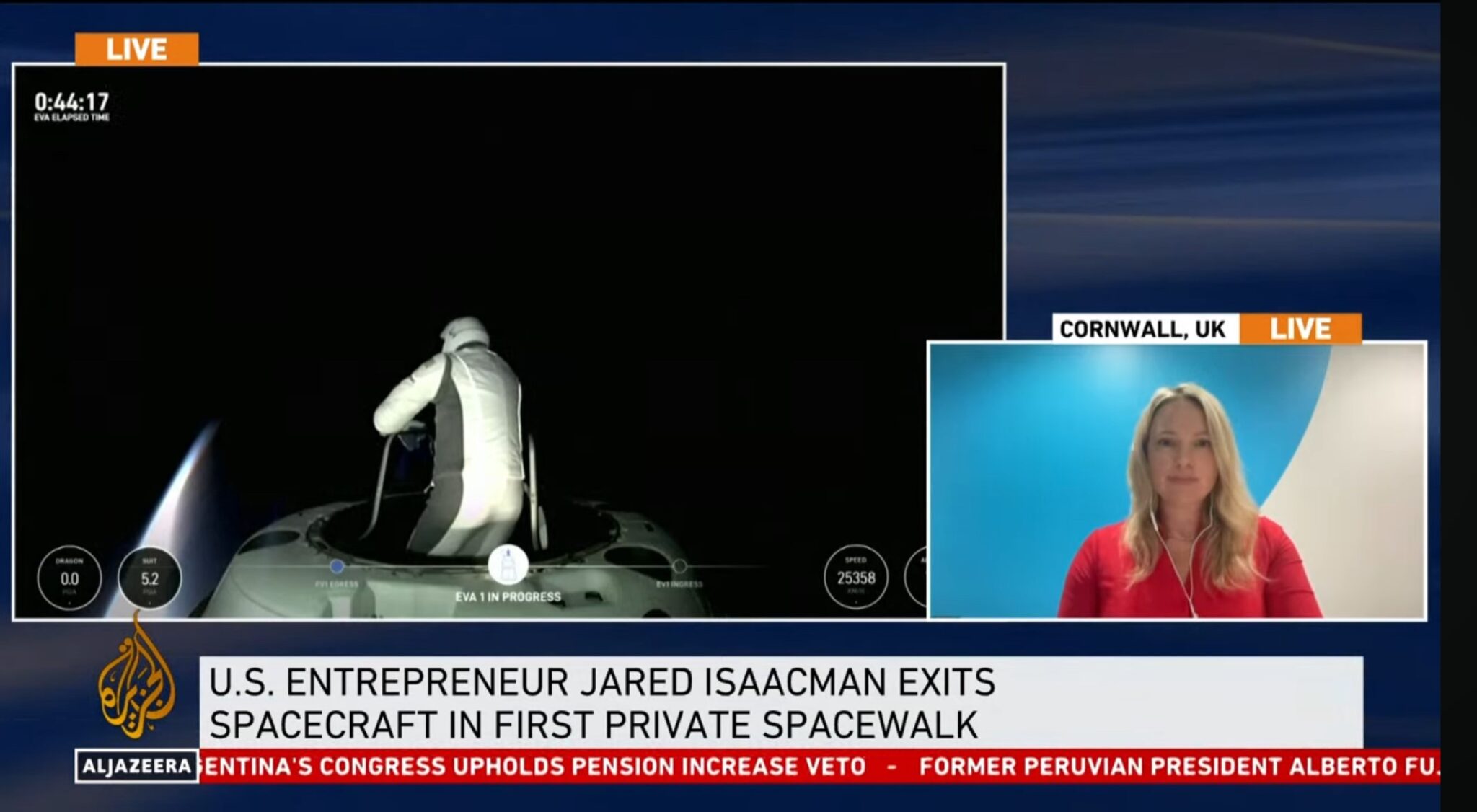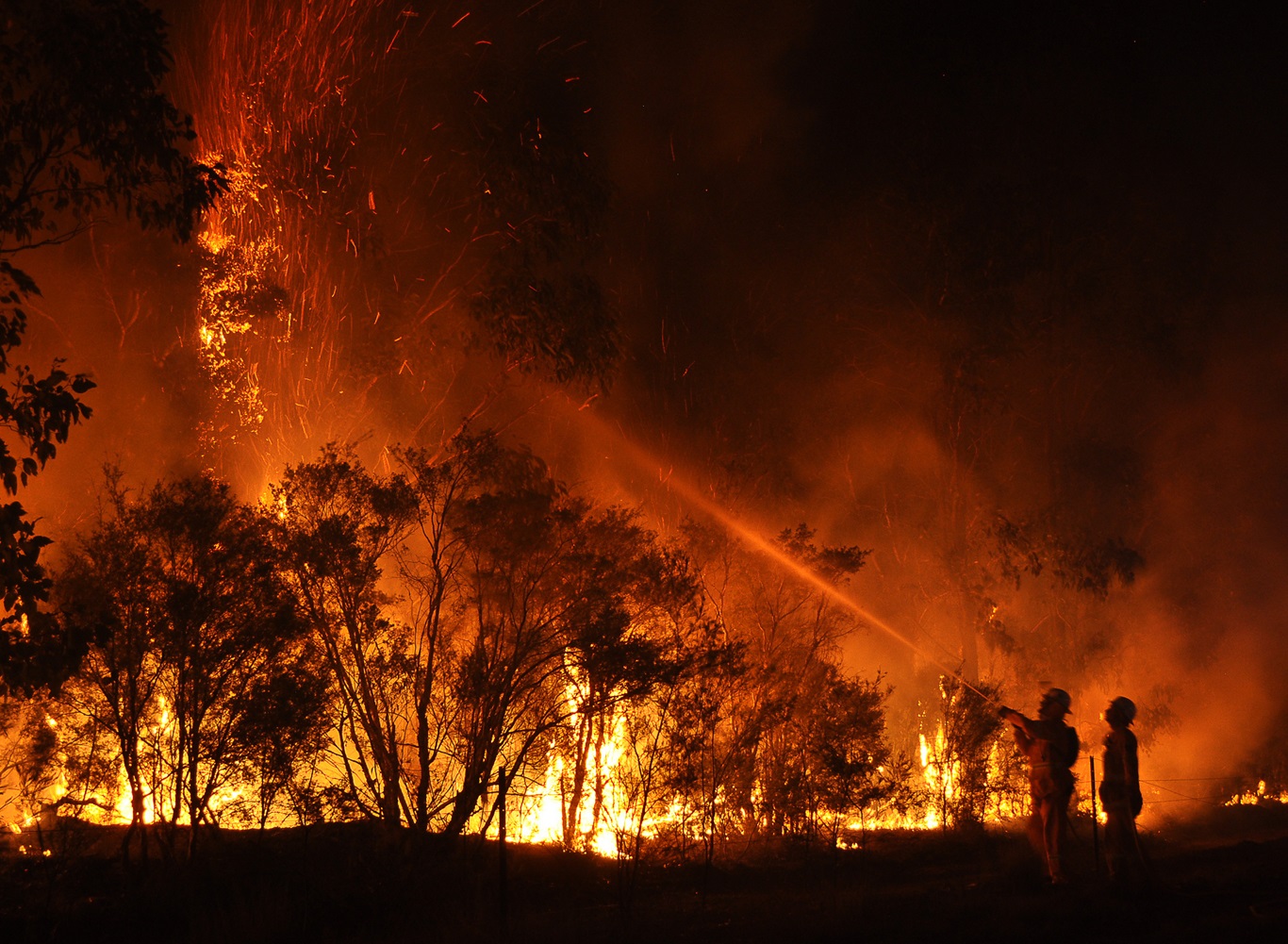While health specialists have recently warned office workers to get up and walk around a bit to reduce their risk of early death, so now astronauts have had a similar warning. This time however, it is more to do with walking – but not on the Moon. While microgravity conditions in low Earth orbit have long been known to cause muscle and bone wastage, including a weakening of the cardiovascular system (the reason why astronauts on the International Space Station exercise so much) researchers have found that that risk is relatively low. In fact, super fit astronauts flying to low Earth orbit actually have a better (i.e. lower) rate of death from heart disease, compared to the general population. So while there is some weakening for these space farers, once back on Earth, their cardiovascular system appears to fully recover.
However this is not true for human astronauts going to the Moon. By examining the health records of those Apollo astronauts that journeyed to the Earth’s satellite (either as lunar landing astronauts or just as those left in lunar orbit) researchers found that the rate of death by heart disease was several times higher than expected compared to a similarly aged section of the general population. So far, Apollo astronauts Neil Armstrong, James Irwin and Ron Evans have all died from heart related issues.
This heart disease worsening effect has been attributed to space radiation. While the carcinogenic properties of space radiation has been long known about, now it seems that it may have the effect of making microgravity-caused heart damage “permanent”. Astronauts venturing outside the Earth’s protective magnetosphere on longer range missions to the Moon and later, Mars, are thus at risk.
While the astronaut sample is small, the apparent difference in their heart-related rates compared to “normal” has resulted in extra research. Space radiation experiments have been done on mice under simulated “weightless” conditions, and the results appear to confirm the theory that radiation makes microgravity cardiovascular damage irrecoverable.
The full paper detailing this research is in Nature Scientific Reports.


